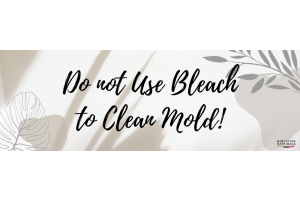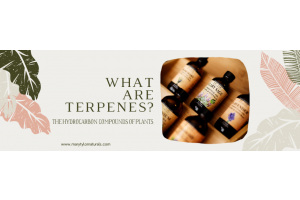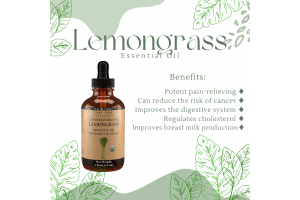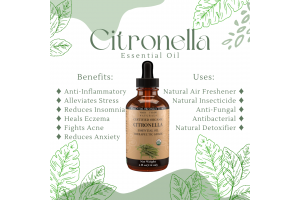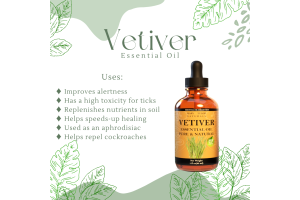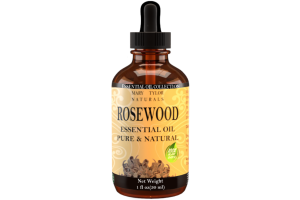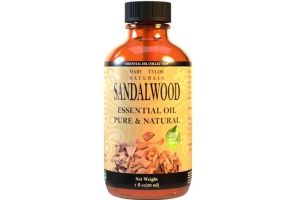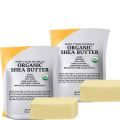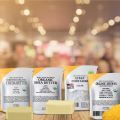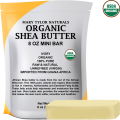Essential Oils- FAQ
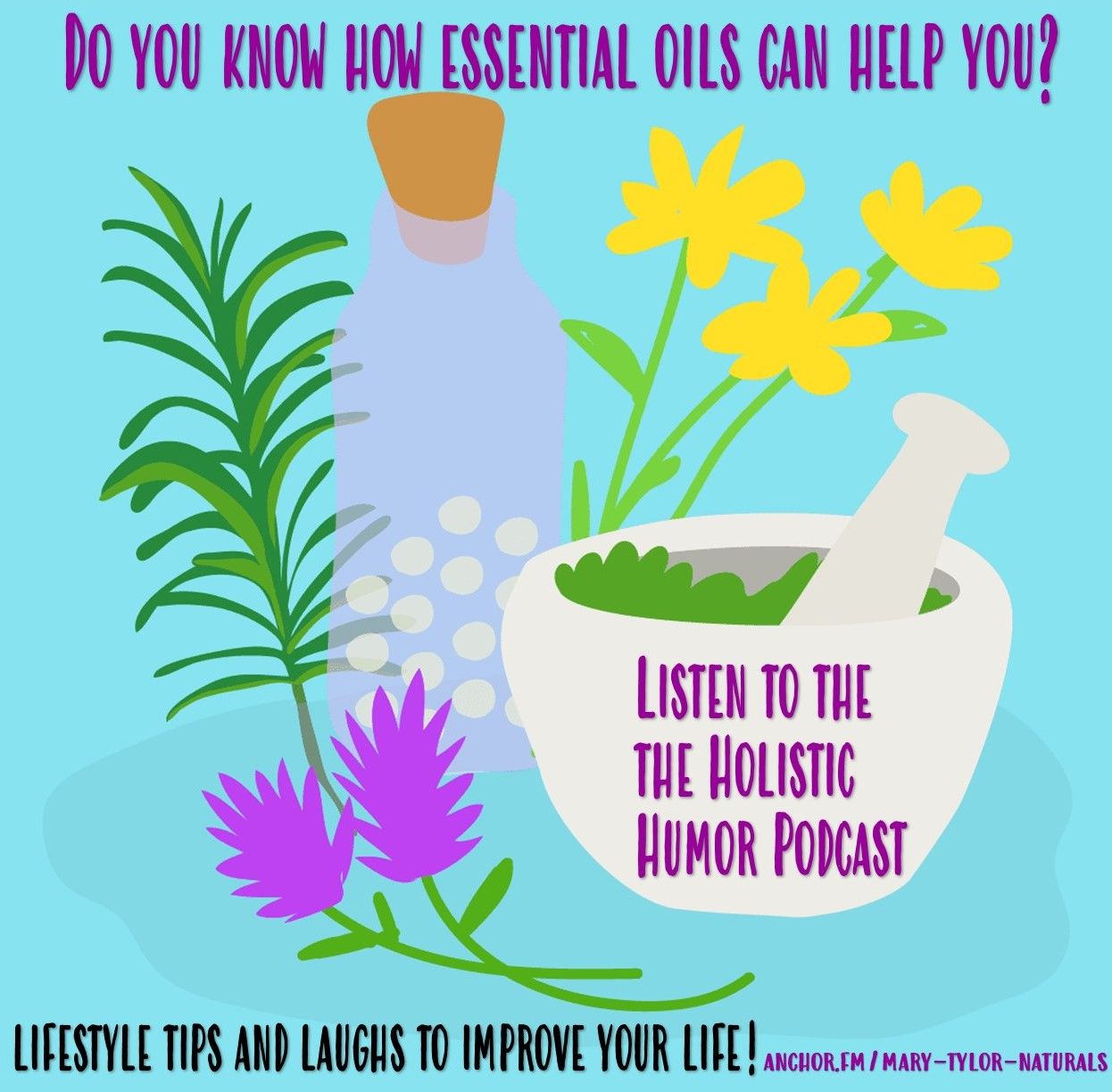
Essential Oils- FAQ
Essential oils have a variety of scents and many of these contain health benefits. Scientific evidence shows that exposure to certain scents can trigger changes in mood due to the brain’s involvement in olfactory senses. The olfactory system is defined as the body’s perception of different smells, such as flowers, food, nature and even other humans in the form of pheromones.
There are hundreds of essential oil blends great for many solutions. A holistic health practitioner or aromatherapist can help educate you on how to use essential oils to improve your well-being. Using essential oils in a diffuser or wax burner is a great way to promote wellness and improve the air quality in your home, car or office.
How can I use Essential Oils?
Aromatically- Using essential oils in a diffusor or wax burner is a great way to promote wellness and improve the air quality in your home, car or office. Diffused essential oils can be used to treat a wide variety of issue such as: reducing anxiety, creating focus or increasing libido just to name a few!
Application- Applying essential oils to tense or painful areas or using products such as creams or soaps infused with your choice blend is a great way to enjoy the benefits of various oils. Many holistic practitioners and massage therapists apply essential oils to pressure points during treatment; creating a healing effect for their patients.
Baths- Soaking in essential oils is a great way to achieve maximum benefits from the natural healing power of various herbs, flowers and plants! There are many wonderful products such as essential oil infused bath bombs, soaks and body washes that can help you incorporate self care and wellness in your personal hygiene.
Compression- Essential oils added to a warm, wet washcloth can be used as a compress when applied to painful or swollen areas of the body. Essential oil compresses have been widely used to treat menstrual cramps, tense muscles, headaches and post-exercise soreness.
Are essential oils safe for children?
According to the director of Integrative Medicine at Sibley Memorial Hospital, Dr. Harpreet Gujral, DNP, FNP-BC and the medical director of the Pediatric and Adolescent Medicine Clinics in the Johns Hopkins Hospital, Dr. Rachel Dawkins, M.D. advised that essential oils should not be used on young children in undiluted forms and also stated that children may be more sensitive to essential oils than adults are.
Guidelines for pediatric use for essential oils are as follows:
- Perform a “patch test” on your child before liberally applying essential oils to young children. To perform a patch test- Apply a small amount of essential oil diluted with a safe, pure carrier oil to your child’s skin to test their reaction. If any discomfort or reaction occurs, discontinue use immediately and report the reaction to their pediatrician.
- It is not recommended that children take essential oils internally.
- Do not use peppermint or eucalyptus oils on children less than 3 years old. These essential oils have been shown to possibly increase the risk for pediatric and infantile seizures.
- Do not apply essential oils without first diluting them. Recommended dilution percentages can range from 0.5-2.5% depending on the condition and the age/weight of the child. Oils can be diluted in hypoallergenic lotions, creams and carrier oils such as olive oil, sunflower oil, avocado oil and jojoba oil.
- Diffusing essential oils is considered generally safe with the exception of cinnamon and eucalyptus oils which can cause issues in babies and children under the age of 5.
Are Essential Oils safe for Animals?
Not all essential oils are toxic to animals, though some are! It is important to note that cats and dogs have a much more sensitive sense of smell than humans, so aromatherapy and diffuser use may be irritating for your animals. Pay attention to your animal’s behavior if they seem irritated by certain essential oil aromas.
When applying essential oils to pets, never apply without diluting with a pure carrier oil. Animal coats can develop irritation, sores or reactions if applied improperly.
Pet Toxic Essential Oils:
Anise
Cinnamon
Clove
Garlic
Juniper
Lime
Pennyroyal
Peppermint
Pine
Sweet birch
Tea tree (Melaleuca)
Thyme
Wintergreen
Yarrow
Ylang ylang
Symptoms of Toxic Exposure in Pets:
Agitation
Diarrhea
Difficulty breathing
Drooling
Fatigue
Muscle tremors
Pawing
Runny eyes/nose
Sneezing
Vomiting
Weakness
We all want the best for our furry friends and kids, so please be vigilant of what they are exposed to. Animals and children are sensitive to chemicals just as adults are. Using natural products and limiting toxic exposure is the best option for a healthy life for both you, your children and your pets.
To learn more about essential oils in a fun way, listen to our podcast

